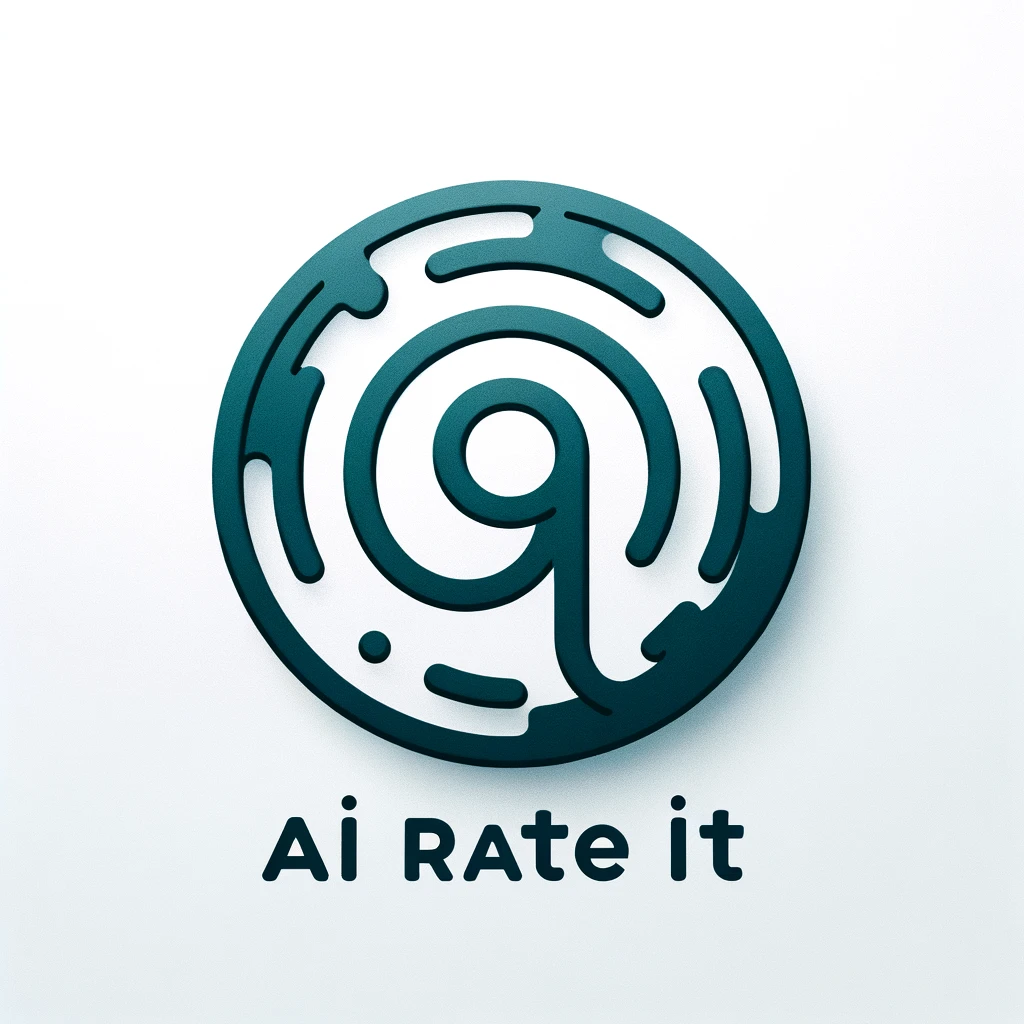Have you ever wondered if there was a way to accurately predict how well your ads will perform? Well, thanks to the power of Artificial Intelligence (AI), you can now have a glimpse into the future of your advertising campaigns. In this article, we will explore the fascinating world of AI and its ability to forecast the success of your ads. So, get ready to take your advertising game to the next level as we uncover the secrets of how AI can predict ad performance.
How AI Can Predict Ad Performance
The Importance of Predicting Ad Performance
When it comes to running successful advertising campaigns, predicting ad performance is crucial. Understanding how your ads are likely to perform allows you to make informed decisions, optimize your strategies, and maximize your return on investment. By harnessing the power of artificial intelligence (AI), businesses can gain valuable insights into ad performance, enabling them to make data-driven decisions and achieve better results.
Understanding the Role of AI in Ad Performance Prediction
AI plays a pivotal role in predicting ad performance by utilizing advanced algorithms and machine learning techniques. It analyzes various factors, such as target audience, ad content, timing, and delivery platforms, to forecast how well an advertisement will resonate with the intended audience. By analyzing vast amounts of data, AI can identify patterns and correlations that humans might overlook, providing a more accurate prediction of ad performance.
AI Techniques Used for Predicting Ad Performance
AI employs several techniques to predict ad performance effectively. One such technique is natural language processing (NLP), which analyzes text and language patterns to understand the sentiment and context of ad content. This allows AI to assess whether an ad is likely to evoke positive or negative emotions from viewers. Another technique is computer vision, which enables AI to analyze visual elements in ads, gauging their impact on viewers. Through machine learning, AI algorithms can continuously learn and adapt, improving their prediction accuracy over time.
Benefits of Using AI to Predict Ad Performance
Utilizing AI for ad performance prediction offers numerous benefits to businesses. Firstly, AI-based predictions are highly accurate due to the ability to process and analyze vast amounts of data quickly. This accuracy allows businesses to make more informed decisions and allocate their advertising budgets more effectively. Additionally, AI provides real-time feedback, allowing marketers to adapt their strategies on the fly and optimize their campaigns for better results. By leveraging AI, businesses can save time and resources that would otherwise be spent on manual analysis and testing.
Data Collection and Analysis for Ad Performance Prediction
To predict ad performance accurately, AI requires vast amounts of data. This data encompasses various aspects, such as historical ad performance data, customer demographics, user behavior, and market trends. The collection of this data is facilitated through sophisticated data tracking and analytics tools that monitor user interactions and measure the effectiveness of campaigns. AI then analyzes this data, identifying patterns, trends, and correlations to generate predictions about ad performance.
Factors Considered in AI-based Ad Performance Prediction
AI takes into account numerous factors when predicting ad performance. These include the ad’s targeting parameters, such as age, gender, location, and interests, as well as the ad format and placement. Furthermore, AI considers contextual factors, such as the time of day, seasonality, and competitors’ ad placements. By considering all these factors, AI can generate predictions that reflect the unique characteristics and preferences of the target audience, leading to more precise insights.
Evaluating the Accuracy of AI Predictions
While AI provides advanced prediction capabilities, it is crucial to evaluate the accuracy of these predictions. This can be done through A/B testing, where two versions of an ad are created and tested against each other. By comparing the performance of these variations, marketers can assess the effectiveness of AI-predicted insights. Additionally, collecting feedback from target audiences through surveys and analyzing engagement metrics can help validate the accuracy of AI predictions. Continuous monitoring and refinement of AI models are essential to ensure consistently accurate predictions.
Challenges in Predicting Ad Performance using AI
Predicting ad performance using AI does come with challenges. One major challenge is the ever-changing nature of consumer behavior and preferences. Markets are dynamic, and consumer sentiment can fluctuate, making it difficult for AI models to accurately predict ad performance consistently. Additionally, AI relies heavily on the quality and quantity of data available. Inaccurate or insufficient data can lead to biases or inaccurate predictions. Privacy concerns also pose a challenge, as accessing user data while ensuring compliance with privacy regulations is a delicate balance.
Future Possibilities and Advancements in AI-based Ad Performance Prediction
As AI technology continues to evolve, so too will its capabilities in predicting ad performance. Advancements in machine learning algorithms and deep learning techniques will enable AI to analyze more complex data sets and identify even subtler patterns. Moreover, the integration of AI with other emerging technologies, such as augmented reality and virtual reality, can provide new avenues for predicting ad performance. The future holds the promise of AI-driven predictive models that are more accurate, adaptable, and capable of sophisticated analysis.
Ethical Considerations in AI-driven Ad Performance Prediction
While AI offers tremendous potential for predicting ad performance, it is vital to address the ethical considerations that arise. Transparency and accountability must be upheld when utilizing AI algorithms to make decisions that impact consumers. Safeguarding user privacy and ensuring compliance with data protection regulations should be a priority. Additionally, the potential for AI to perpetuate biases must be carefully managed, as AI algorithms can inadvertently replicate existing societal biases. Striking a balance between utilizing AI’s capabilities and ensuring ethical practices will be crucial in the future of ad performance prediction.
In conclusion, AI’s ability to predict ad performance provides businesses with invaluable insights, enabling them to optimize their advertising strategies and achieve better results. By harnessing advanced algorithms and techniques, AI can analyze various factors to generate accurate predictions. The benefits of using AI for ad performance prediction are numerous, including improved decision-making, real-time feedback, and resource optimization. However, challenges related to data quality, consumer behavior, and privacy must be addressed. As AI continues to advance, the future holds exciting possibilities for even more accurate and in-depth ad performance prediction. Ensuring ethical considerations are central to this development will be essential for a responsible and successful integration of AI in advertising practices.







